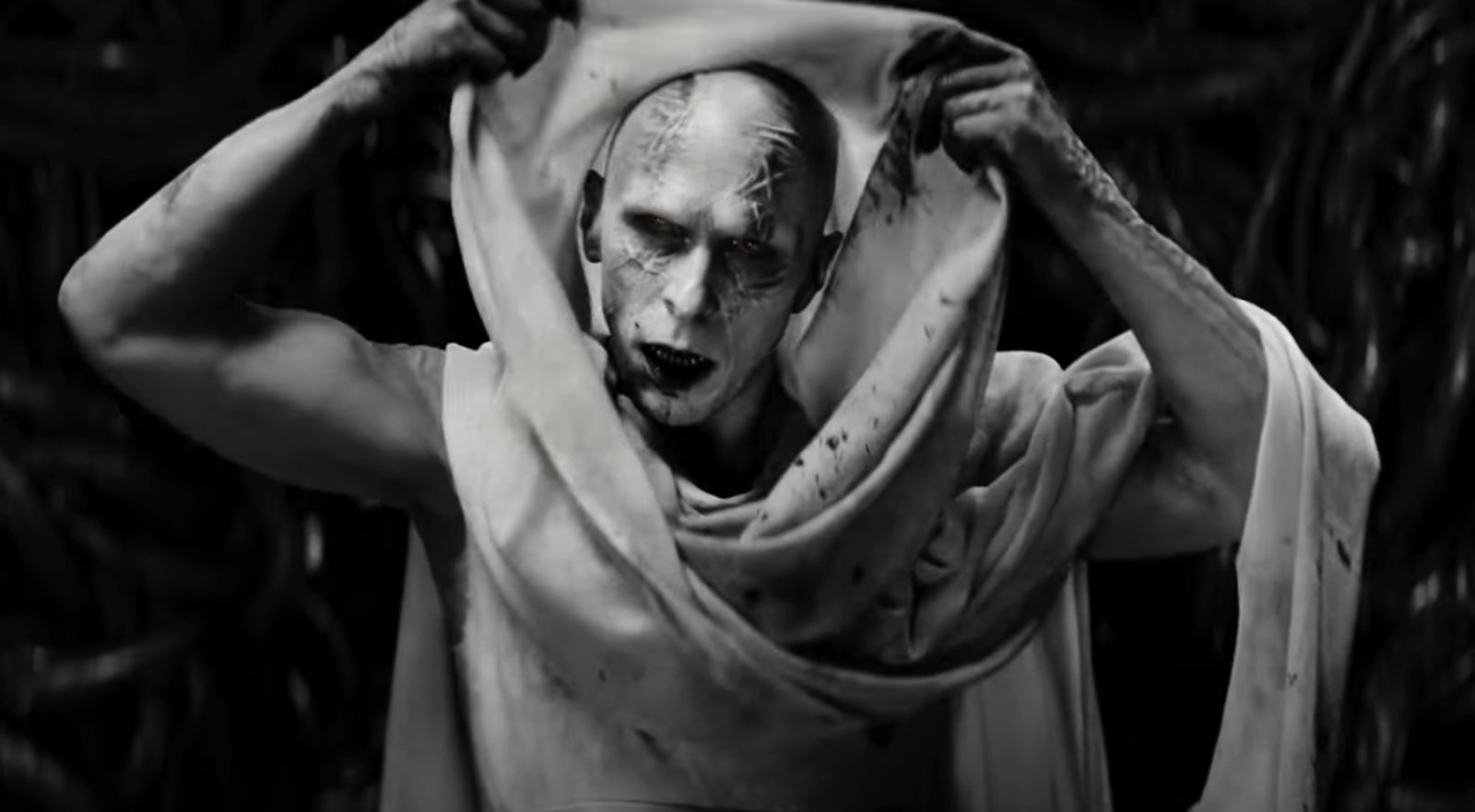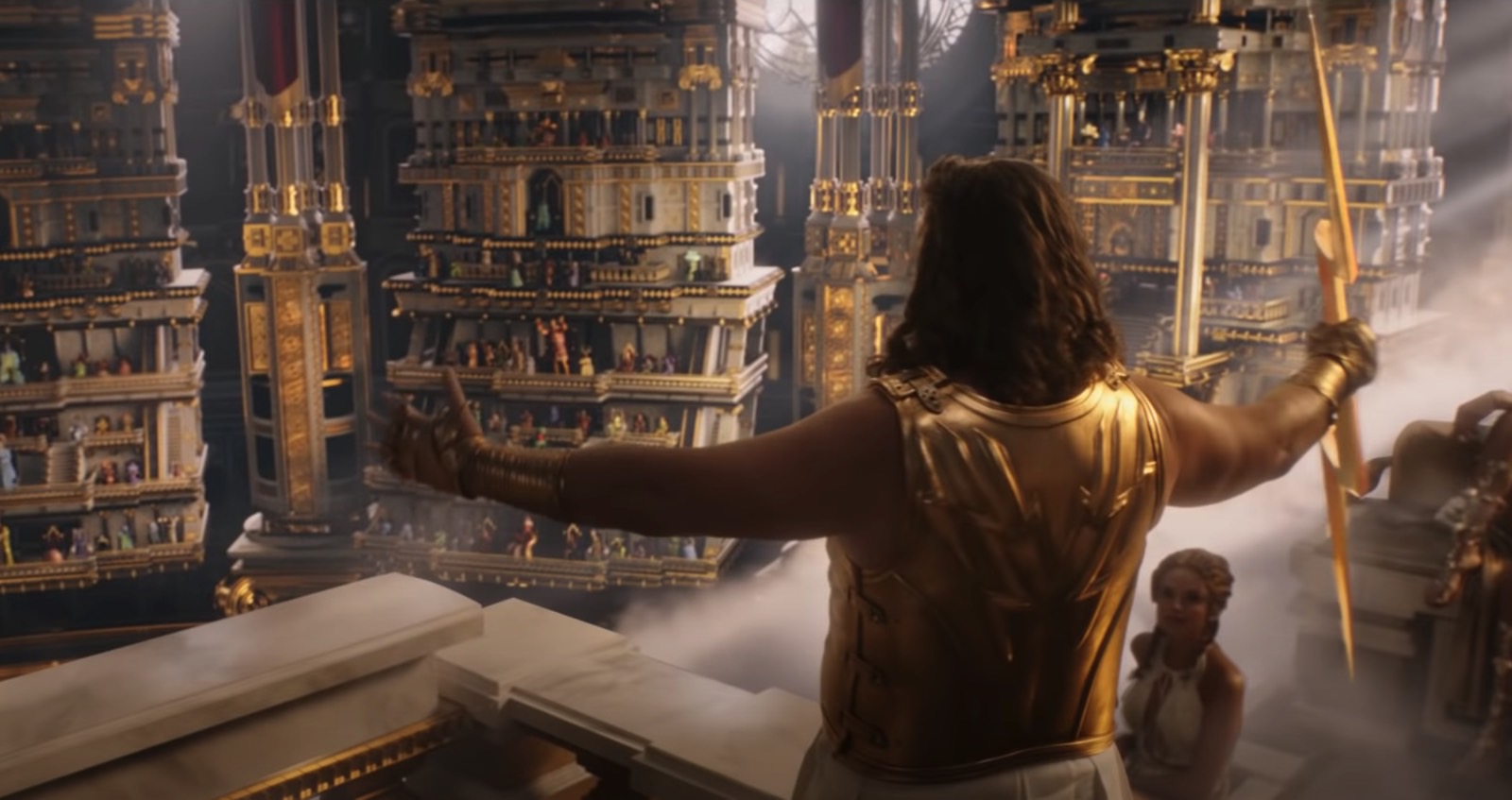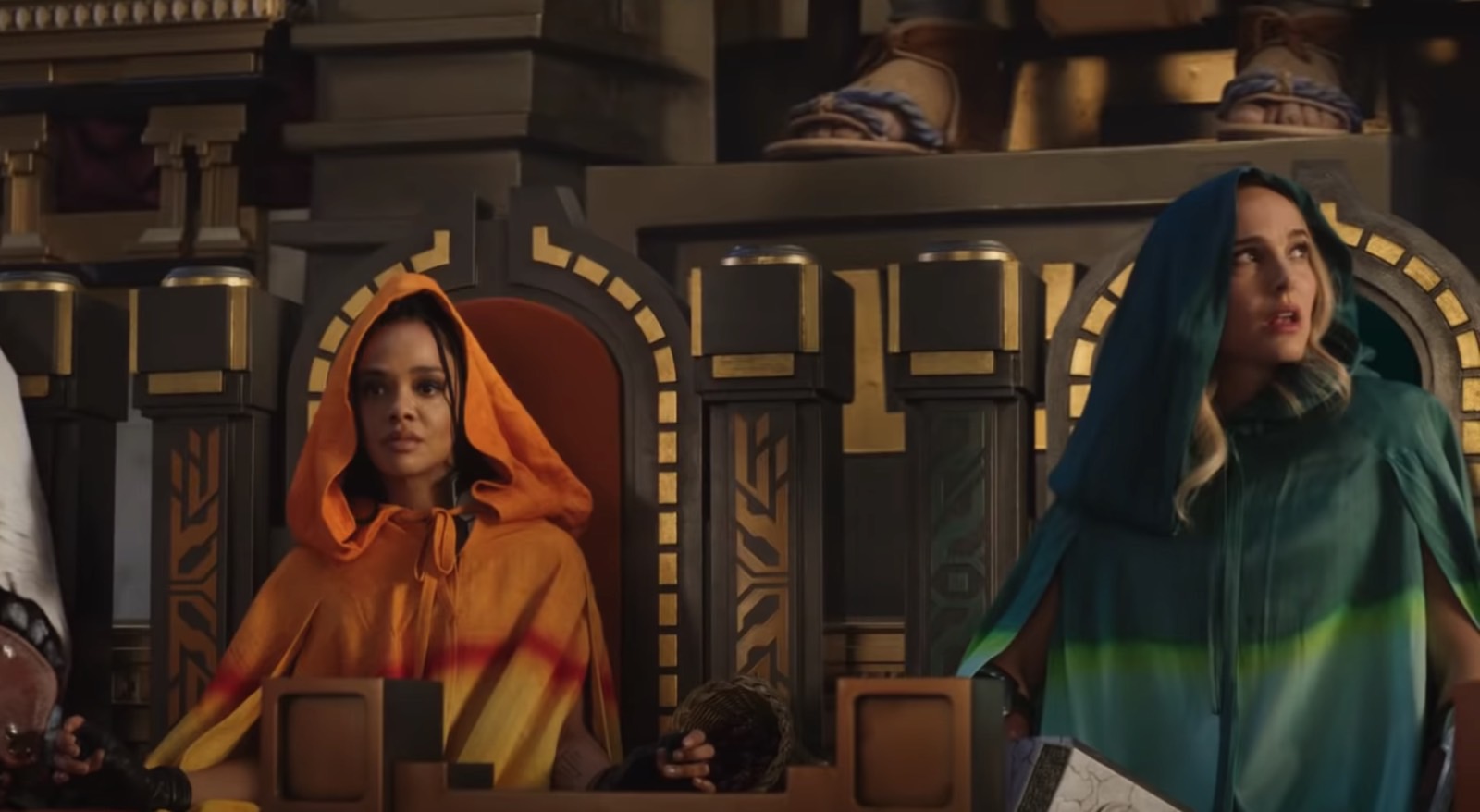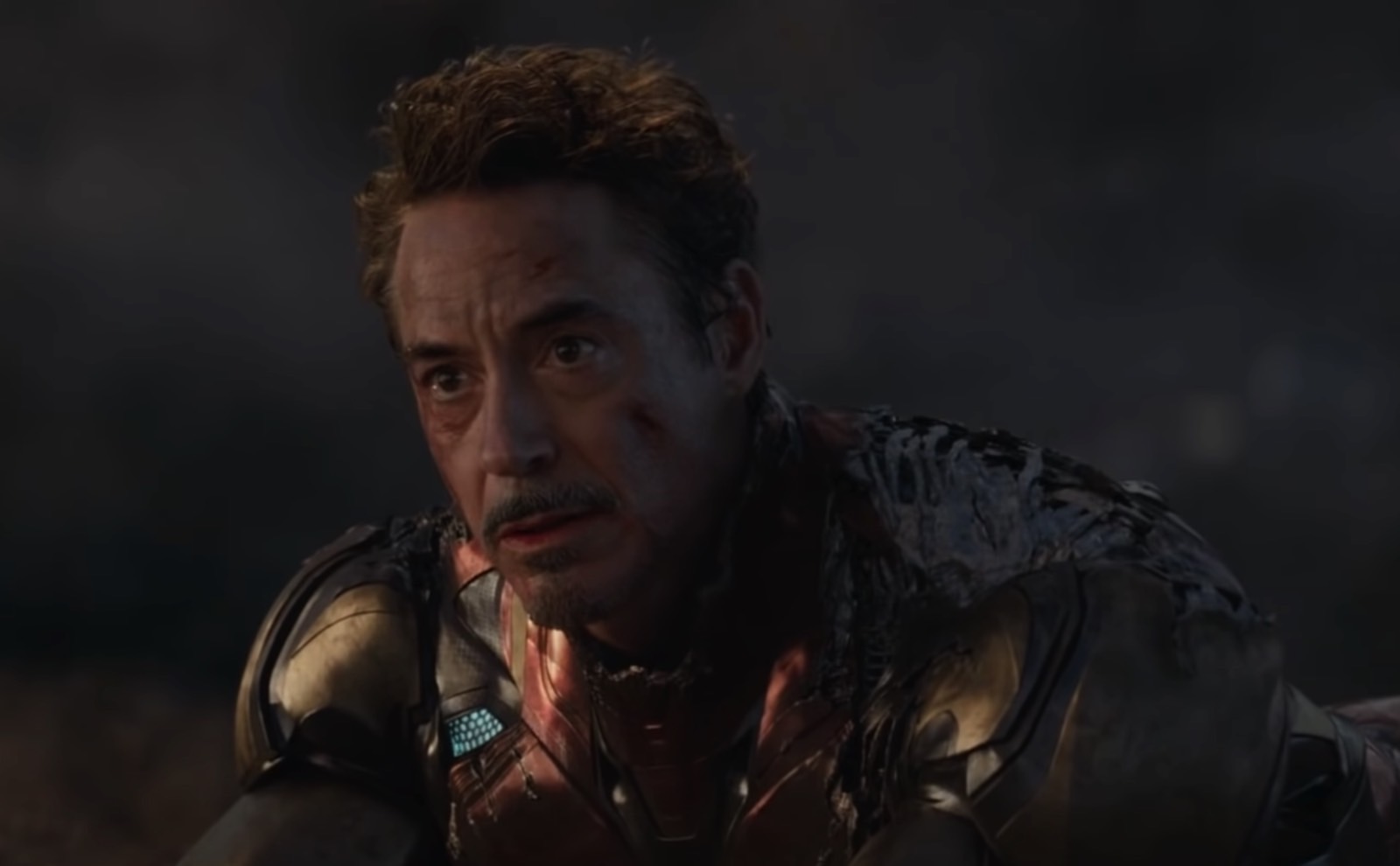Thor: Love and Thunder is overly comedic, so much so that some Marvel fans do not like Taika Waititi’s latest adventure. But the film does tackle various serious issues, albeit from mostly humorous angles. We’re looking at love, cancer, and religion. The latter is a significant element of the movie, and it could be polarizing. But Marvel’s latest superhero movie highlights a big plot hole involving religion that some people say might ruin the MCU down the road when it comes to the afterlife.
Before we can explain, you should know that big spoilers follow below, especially from Love and Thunder. You’d better see Thor 4 before reading any further.
Marvel’s religion plot hole isn’t what you might think
Love and Thunder delivers one of the most unexpected and brutal openings for an MCU adventure in recent history. We see Gorr the God Butcher (Christian Bale) losing his daughter despite begging his god to save her. When he ultimately meets said god, Gorr denounces his religion and proceeds to kill the god he once worshiped.
That idea alone might be seen as dangerous by various churches and religious groups in our society. Shave a few hundred years from humanity’s history, and you might find churches ready to accuse one of heresy for denouncing God. But challenging real-life religion isn’t Marvel’s big MCU plot hole.

Gorr then went on a god-killing rampage that Marvel chose not to include in the film’s final cut. But plenty of gods died all over the universe. We later see that all the gods have met at the Council of the Godheads in Omnipotence City, with Zeus (Russell Crowe) presiding over the meeting. That’s where we see plenty of gods that people from Earth and other planets might have prayed to — or still serve.
This opens up the idea that there’s no right or wrong religion, and people are free to serve any god they might choose.
But Marvel is one step away from having to explain how the one God and Jesus would fit into this pantheon of gods. If Thor (Chris Hemsworth) and Hercules (Brett Goldstein) exist in the MCU, is Jesus also a superhero? Believe it or not, this isn’t Marvel’s biggest MCU religion and afterlife plot hole either.
Love and Thunder exacerbates a problem that has something to do with the afterlife in Marvel’s MCU. And the prospect of resurrection.
Afterlife in the MCU is a big problem
Love and Thunder offers two different life-after-death developments. First, Gorr asks Eternity to resurrect his daughter, Love. We still don’t fully understand how this is possible. And we have yet to learn how big a “god” Eternity might be.
Secondly, the film shows Jane (Natalie Portman) dying and going to Valhalla, where Heimdall (Idris Elba) meets her. This life-after-death world features many souls who have fallen in battle. It’s strange to see Jane get to Valhalla, as she’s not technically an Asgardian. Also, she might have believed in a different god before she died.

Moreover, the rules of getting into these ancestral places aren’t clear. Since Black Widow (Scarlett Johansson) and Iron Man (Robert Downey Jr.) both died in battle, shouldn’t they have reached a Valhalla of sorts? Maybe the Valhalla? Then there’s Loki (Tom Hiddleston), who died in battle during Infinity War. He should also be there.
The mere existence of Valhalla implies that some of the souls might be one day resurrected via rules that Marvel has not yet explained. After all, Love was resurrected after she died.
This is Marvel’s big religion plot hole for the MCU. Some people are saying it could ruin the MCU. There’s simply no uniformity when it comes to the afterlife.
Valhalla is just the tip of the iceberg
We’ve been looking at the way Love and Thunder handles life after death from the perspective of Asgardian religious beliefs. But the MCU delivered other afterlife scenarios with the same problems as Valhalla.
Moon Knight introduced Aaru, the Field of Reeds. That’s a place where the soul goes after death. And we saw in the TV show that the soul can be resurrected, at least a part of it, from Aaru. The gods of Ancient Egypt dominate that life-after-death dimension. And some of them might have been present at the Council of the Godheads.

Then we have the Ancestral Plane in Black Panther and the Wakandan god Bast, who was also present in Omnipotence City in Love and Thunder. To get to the Ancestral Plane, you have to either die or consume a special type of herb so you can talk to your forefathers.
Why religion is a big plot hole for Marvel’s MCU
The point is that each Marvel deity we might meet in the MCU will have its own religion and corresponding version of the afterlife. And each afterlife has different ascension rules. And different resurrection rules — if any. Again, Aaru and Love’s resurrection both prove that you can be resurrected from Marvel’s afterlife.
We can think of these afterlife universes as unique dimensions where the soul resides. Similarly, Celestials own a considerable collection of Eternals’ souls that they can always use to reboot dead Eternals. But those “souls” sit in memory banks rather than something like Valhalla.

Whatever the case, there should be a scientific explanation and a somewhat uniform set of rules for everything concerning religion in the MCU, as well as life after death.
It might look like magic, but it should be advanced science that can explain how Jane’s body turned to golden particles in Love and Thunder after dying in battle. And how she got to Valhalla.
By the way, why did Jane’s death resemble Odin’s in Ragnarok, even though Odin did not die in battle?
We also need to understand who decides where a superhero’s soul goes after death, so any resurrections using religion and the afterlife make sense. Would all dead heroes qualify to get to the afterlife? And Wakanda Forever will probably tell us that villains are also entitled to an afterlife experience.
For example, where would Tony Stark’s soul be? Would he go to Valhalla, the Ancestral Plane, Aaru, or some other version of Heaven? What about Thanos (Josh Brolin)?
More Marvel coverage: For more MCU news, visit our Marvel guide.








